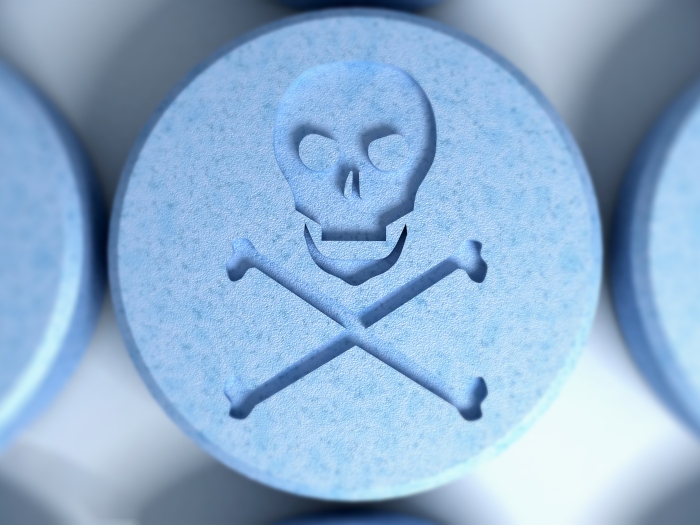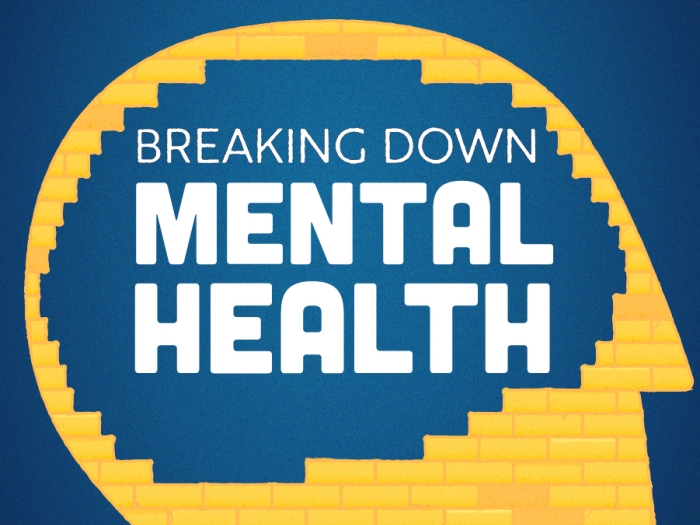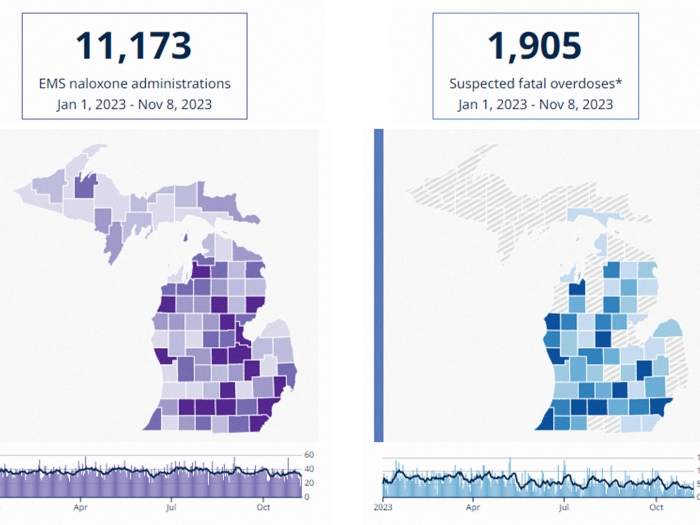Community awareness is critical to preventing overdose
Transcript
Host:
Fentanyl overdoses are on the rise. Here’s what to know and how you can help
Community awareness is critical to preventing overdoses
The opioid overdose crisis has largely become a fentanyl overdose crisis, sparking additional funding allocations for states to combat the problem as it continues to impact families everywhere.
Fentanyl is a synthetic opioid often used by medical professionals in operating rooms or for treating acute pain. However, it becomes dangerous when it’s used outside of a medical setting or used by individuals who are unaware of its potency.
Brad Uren, M.D., clinical associate professor of emergency medicine, says it’s difficult to uncover the reasons for the cyclical nature of these drugs circulating in communities, but it’s critical for everyone to have awareness of the problem.
“What appears to be the case is that people buy or use a drug without realizing it’s been laced with fentanyl, and we’re not just talking about heroin,” he said. “In other cases, people do purchase fentanyl knowing what it is, but not how powerful it is. Then, they overdose. It’s important to know that these things are being sold whether they’re properly identified as fentanyl or not.”
Knowing fentanyl overdose signs
Even a small amount of fentanyl can cause a person to overdose, and fentanyl overdoses are difficult for onlookers to distinguish from others – that's determined in the hospital by a lab test, Uren says. However, Uren says it’s critical to be aware of what an overdose may look like and when someone needs help. “Pinpoint” or constricted pupils are a possible sign of an overdose in some individuals, while others may be so profoundly unresponsive that they may be snoring or appear to be asleep.
Uren says an important intervention tool that anyone can have on hand is naloxone, an agent used to help reverse the effects of an opioid overdose. Uren notes that a standard dose of naloxone may not be enough to help with a fentanyl overdose – it can take several doses to help a person wake up enough to breathe on their own – so the more people carrying it, the more likely it is that a life can be saved. Naloxone is available as inhalers, injectors, and many other forms that are easy to give to a person who is overdosing. It can be obtained for low or no cost by mail, at pharmacies, health departments, or even libraries.
It can also be lifesaving to know how to provide respiratory help until EMS arrives, Uren says. “Primarily what happens is people become so sleepy that they stop breathing, which can lead to cardiac arrest. Recognizing those signs, knowing how to begin CPR, and how to assist with artificial respirations can be very helpful,” he said.
Uren is encouraged by national and state leaders speaking about fentanyl.
“There needs to be a national solution. It’s certainly important to have that spotlight because it could mean more resources and more help for our patients,” he said.
High-level awareness is also critical to combatting stigma and serves as a reminder that opioid use disorder does not discriminate.
“In 20 years of working in emergency medicine, I have seen people from every walk of life that have been touched by this. It can happen to people who are very wealthy, it can happen to poor families, it can happen across every ethnic group,” Uren said. “It’s important to understand that this is a universal phenomenon - it can happen to you or your loved ones. We need to do more about breaking down those barriers and removing that stigma so that people who are struggling can get the help they need.”
For more on this story and others like it, visit michiganmedicine.org/health-lab. You can subscribe to the Michigan Medicine News Break wherever you listen to podcasts.

Listen to more Health Lab podcasts - a part of the Michigan Medicine Podcast Network.






